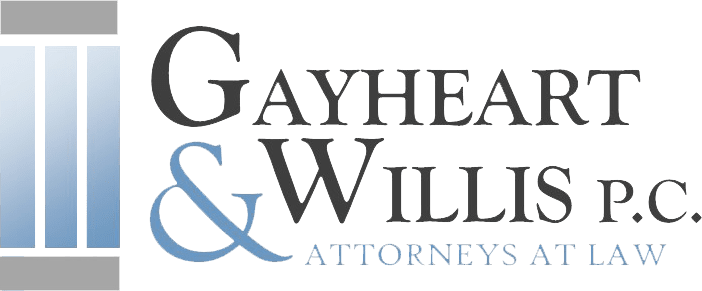Real Estate Settlements & Transactions in Culpeper, VA
Real Estate FAQs
- What is a closing?
With a few exceptions, when you sell or buy a home or a piece of real estate, you sign a written contract memorializing the terms of the sale/purchase. The closing is where the seller conveys ownership of the real estate via a deed to the purchaser and the purchaser conveys the purchase price to the owner. In most instances, the purchaser has obtained financing to procure purchase money and there will be documents signed by the purchaser associated with their financing.
- Do I need an attorney to conduct my purchase or sale?
The laws of Virginia allow qualified title companies to conduct closings. However, the title company is not allowed to give legal advice. Real estate transactions can be complex and often it is wise to use an attorney who is able to give you advice on issues and also able to identify issues of which you may not be aware.
- What is a short sale?
A short sale is where the bank agrees to take a payoff less than the amount owed on the loan against the property. Agreeing to a short sale is voluntary by the bank. The bank does not have to agree to a short sale. It is best to use a realtor who is experienced in transacting short sales as these transactions can be very time consuming and there is a process that an experienced realtor can walk you through with the banks.
Hours of Operation:
- Mon - Fri
- -
- Sat - Sun
- Closed








Hours of Operation:
- Mon - Fri
- -
- Sat - Sun
- Closed











